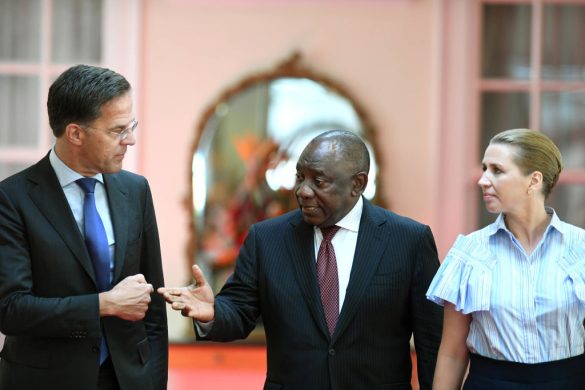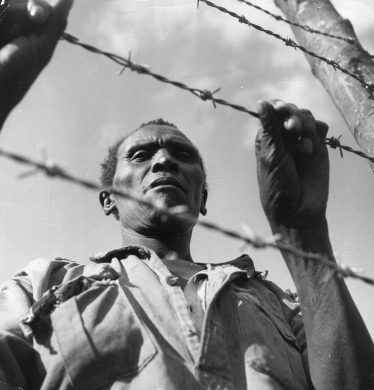Med en ungdomsarbejdsløshed på svimlende 75 procent og håbløse fremtidsudsigter radikaliseres dele af det østafrikanske lands ungdom og den yderligtgående islamisme frister til handling i en nation domineret af en kristen elite – muslimsk politiker taler om “tikkende bombe”.
NAIROBI, 6 May 2013 (IRIN): Unemployment, poverty and political s youth, a situation experts say must be addressed through economic empowerment and inclusive policies (politik, der drager dem ind).
Youth unemployment is extremely high, as are levels of political disenchantment (utilfredshed):
An estimated 75 percent of out-of-school youths are unemployed, according to the US Agency for International Development (USAID).
“The unemployment crisis is a ticking bomb. Over 60 percent of the population is under 25. You cannot ignore that,” said Yusuf Hassan, the Member of Parliament for Nairobi’s Kamukunji Constituency, which has a large Muslim population.
“A huge and significant population is restless. And the gap between the rich and poor is getting wider”, noted he.
“When access to resources is based on ethnic, cultural or religious characteristics or there is a growing divide between the ‘haves’ and ‘have nots’ in countries and communities, economic conditions further contribute to instability,” says a new report by the Institute for Security Studies in Africa (ISS), adding:
“Countries confronted by large differences between ‘haves’ and ‘have nots’ are additionally vulnerable to conflict, which may include resorting to acts of terrorism.”
Marginalized and radicalized
A string of grenade attacks – some allegedly by Somali Islamist insurgent group Al-Shabab or their sympathizers – have occurred in the Kenyan towns of Garissa, Mombasa and the capital, Nairobi, since Kenya began its military incursion in Somalia in October 2011.
But Islamic radicalization is not new to Kenya.
Kenyans were involved in the 1998 US embassy bombings in Nairobi and the Tanzania city of Dar es Salaam; the coordinated attacks, which killed more than 220 people, were Africa’s first suicide bombings by Al-Qaeda’s East Africa cell.
In a 2002 dual car-bomb and suicide attack on a hotel and plane in Mombasa, at least one of the suspects was Kenyan.
Muslims make up an estimated 11 percent of Kenya’s population; large Muslim communities can be found in the country’s northeast and in the coastal region.
A perception that Islam is “alien”
Traditionally, Kenya’s Muslims are moderate, with the community peacefully seeking participation in politics.
But ISS pointed to the historical political right from negotiations for Kenya’s independence, in which ethnic Somalis, who are overwhelmingly Muslim, were not represented – as a contributor to the radicalization of young people.
“Although Kenya is a secular state, it is essentially a Christian country because of the dominant Christian population… There is the perception that Islam is ‘alien’, despite the fact that it came to Kenya before Christianity,” the report notes.
The report also found that some young Kenyan Muslims have been influenced by radical preaching, which leads them to believe that wars being fought against Muslims abroad – for example, in Afghanistan and Iraq – are part of “a global campaign against Islam”.
According to a 2011 report by the UN Monitoring Group on Somalia and Eritrea, non-Somali Kenyan nationals constituted the largest and most organized non-Somali group within Al-Shabab.
Taking advantage of vulnerable youth
Læs videre på
http://www.irinnews.org/Report/97982/Countering-the-radicalization-of-Kenya-s-youth














